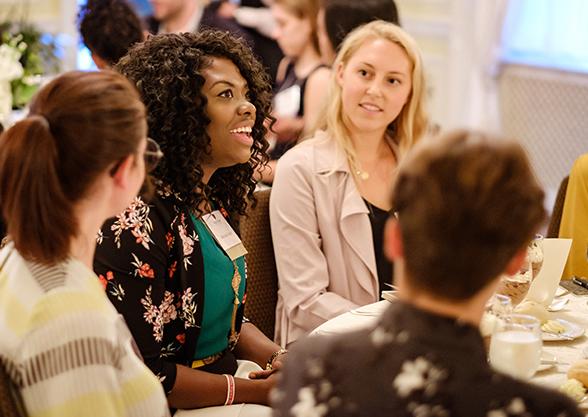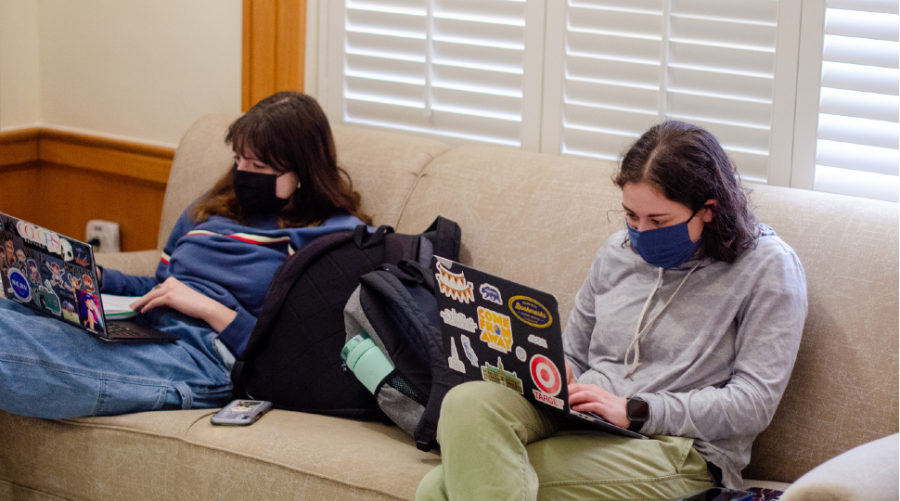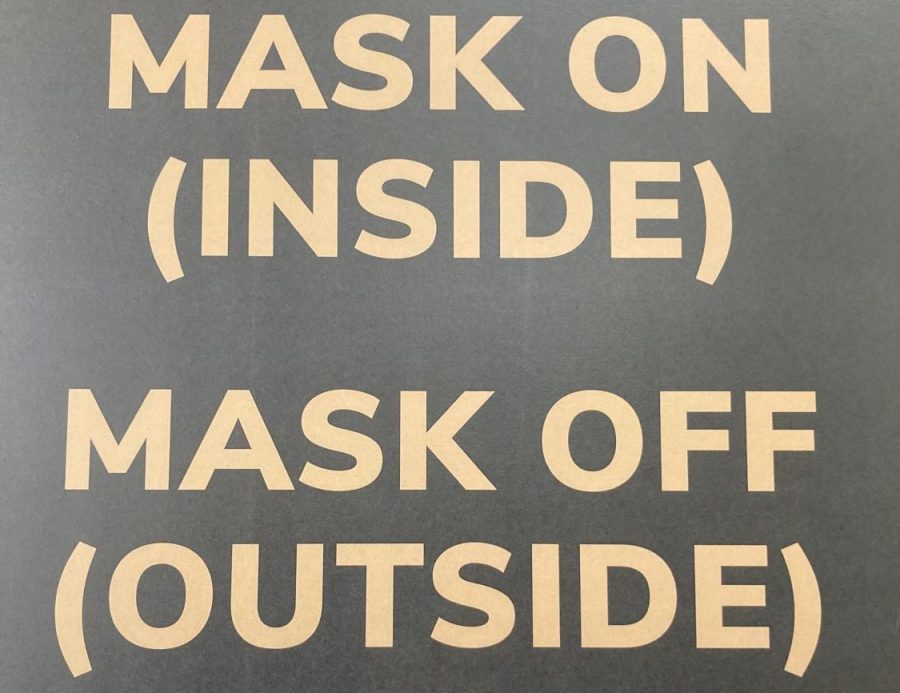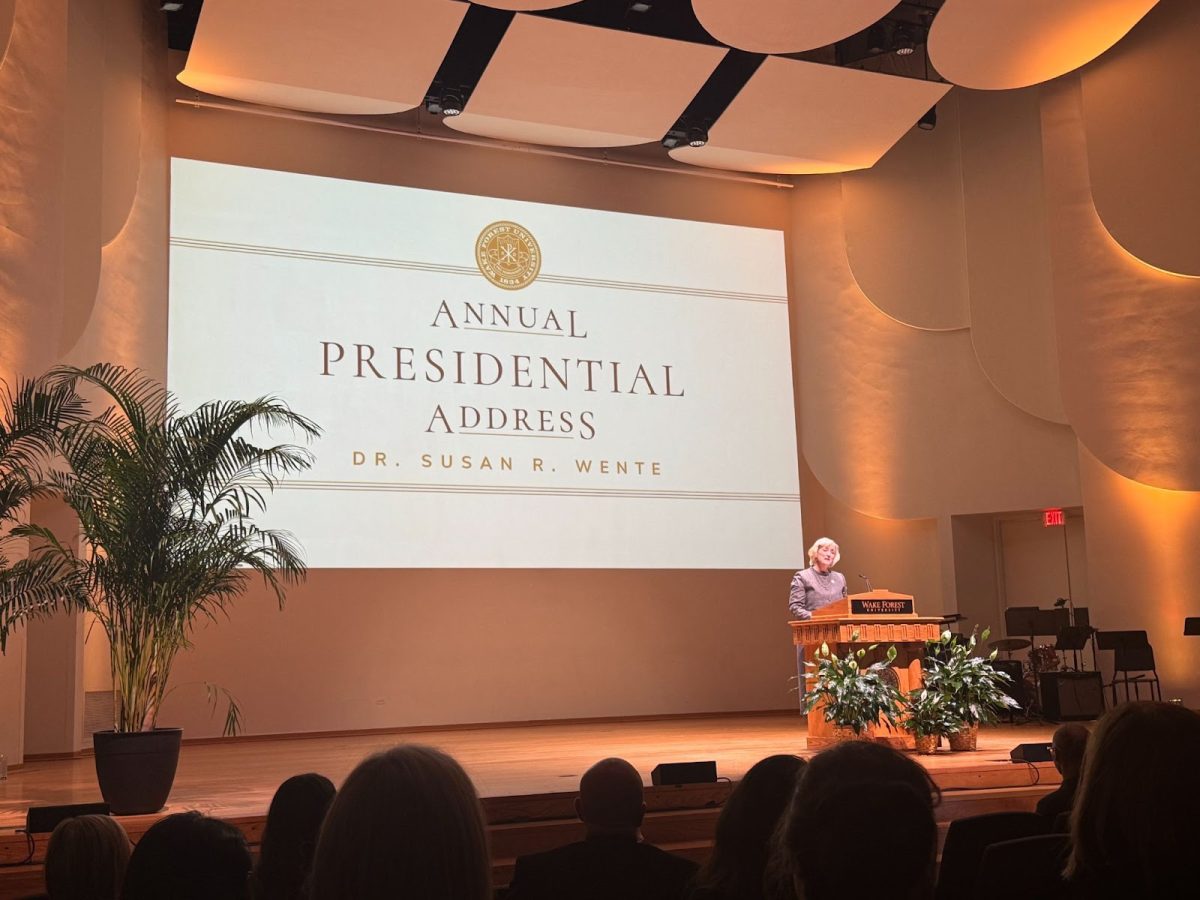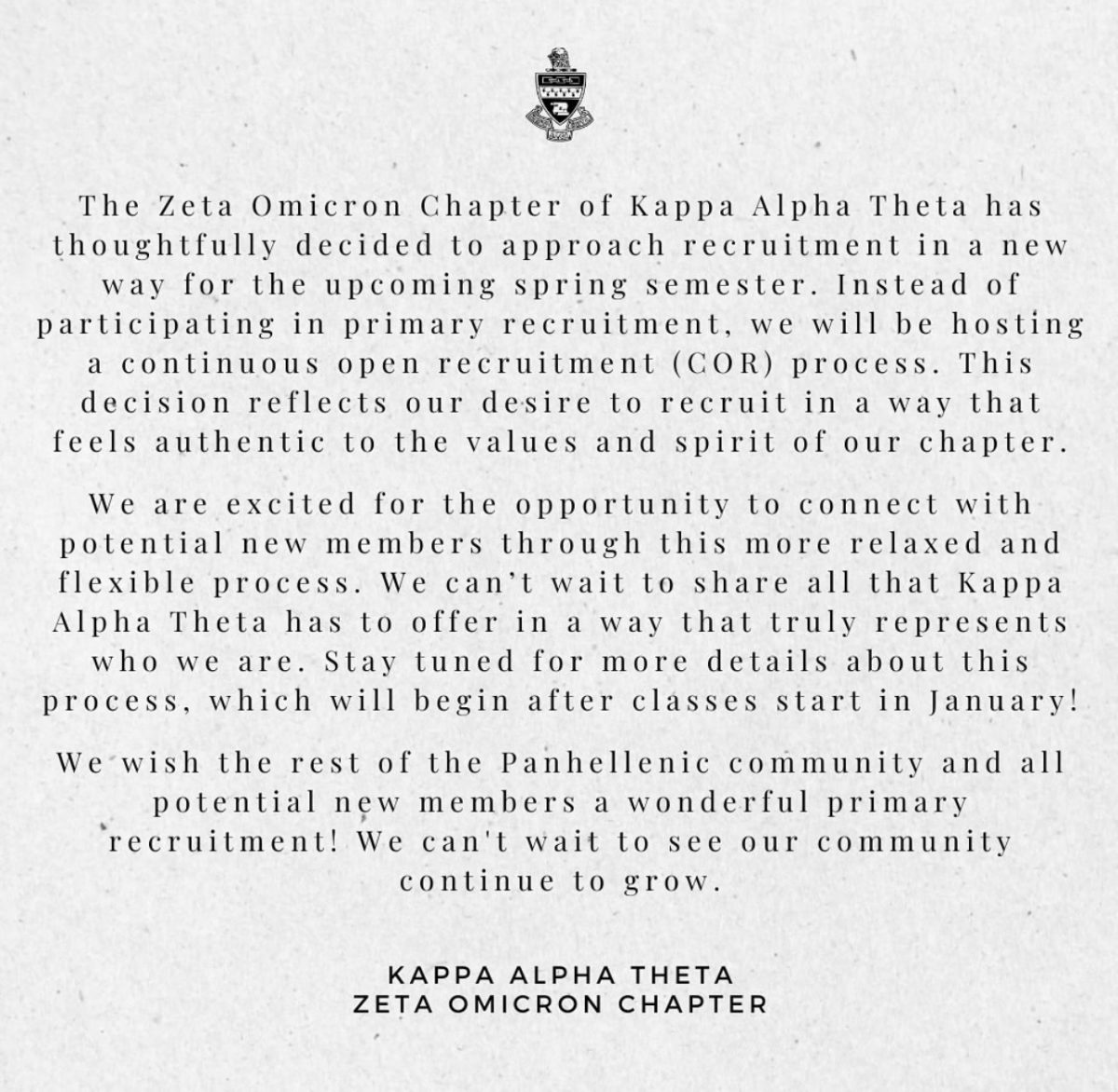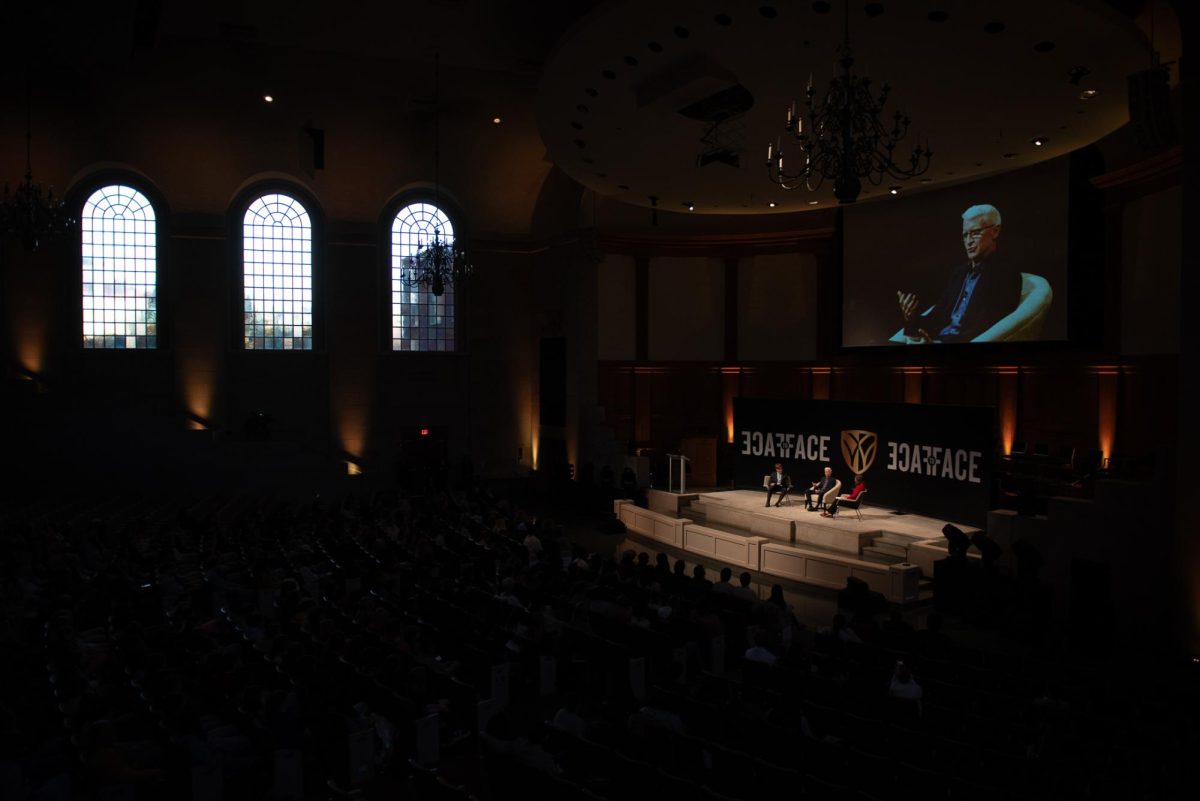In the past few weeks, the Call to Conversation initiative, started by the university in 2018, has become a bright spot amidst the global coronavirus outbreak. Call to Conversation was started in an attempt to connect the university community over a shared desire to engage in, “real, meaningful conversation,” according to the introduction video on the Call to Conversation website.
Over the past two years since the program started, 4,338 members of the Wake Forest community from 173 cities across 40 states have participated in the events, connecting Demon Deacons across the country through a love of productive, engaging discourse. In a time where there is no shortage of news on the negative effects of the COVID-19 pandemic, this initiative is attempting to preserve as much normalcy and human connection as possible.
On a basic level, these conversations involve a group of community members sharing a meal and going around the table one by one as each person shares his or her personal response to the given discussion prompt. Topics in the past have ranged from “The Black Experience” to “Arts to Balance and Community” and many more themes in between. Then, the moderator allows time for the participants to connect with others’ ideas and stories. Finally, these discussions close with the moderator asking, “What will you take away from this conversation, and what will you do with it?”
Traditionally, these conversations took place either in a moderator’s home or in a restaurant or public place, depending on whether the moderator opted for a “classical” or “casual” set-up. Yet, with stay-at-home orders active in 43 states across the country, the in-person camaraderie of a shared meal is no longer possible currently, so the Call to Conversation team took the program virtual. The next sessions will be held through Zoom on Tuesday, April 21.
“Although not a part of our traditional brand of a ‘seated meal with a moderated conversation,’ we will still be giving great conversation and a snack (from your very own pantry) to a variety of topics this semester,” reads the event description.
With wide-reaching bans on connecting with others face-to-face, effective, virtual communication is defining day-to-day life. Back in 2016, Wired Magazine published an article called, “Small talk should be banned” by Kristen Berman and Dan Ariely, which Wake Forest University went on to publish on the Call to Conversation website. The article notes how, “our discussions usually centre around summer travel plans, the latest home repair horror story and, of course, the weather.” Yet, this article argues that this “surface level small talk does not build relationships and it is not great for our happiness levels.” This level of deep conversation and connection is exactly what the Call to Conversation initiative is attempting to account for, now more than ever, during the current COVID-19 crisis.
Many people in the community are feeling isolated and alone in these trying times, and Call to Conversation is a way to stay connected while also remembering what this university has, and continues to, stand for, including the Pro Humanitate spirit and focus on connection. Provost Rogan Kersh noted this important reminder in the Call to Conversation introduction video.
“Wake Forest University is a place where, for many generations, people have bonded in powerful ways,” Kersh said. “It is also a place of remarkable bridge building.”
So, while life may look very different right now, that doesn’t mean that the sense of community and connectivity fostered at the university will disappear. The virtual Call to Conversation meetings are just one more example of ways in which the members of the Wake Forest community continue to exemplify Pro Humanitate by not allowing even the most daunting of changes to alter the heart of what this university stands for.


